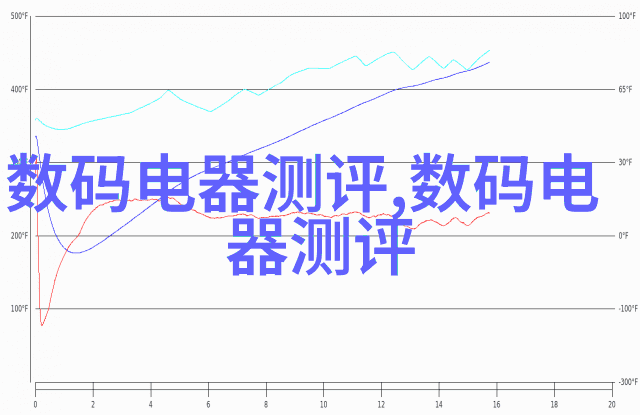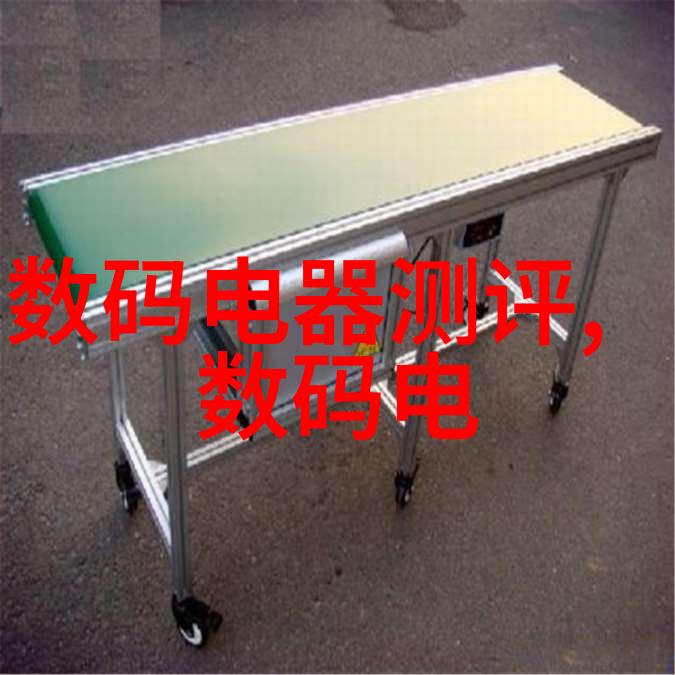铁路职业技术学院-铁轨上的技艺传承与创新发展
铁轨上的技艺传承与创新发展

在中国的铁路网络中,技术和工程师们一直是维护这一庞大系统运转的关键人物。他们不仅要确保每一段铁路都能安全、高效地运行,还要不断适应新的技术需求和环境变化。其中,铁路职业技术学院作为培养这些高素质人才的重要基地,其作用不可小觑。
railways, the backbone of modern transportation, rely heavily on skilled engineers and technicians to maintain their smooth operation. These professionals not only ensure the safety and efficiency of each railway section but also keep up with new technological demands and environmental changes. Among them, railway vocational technical colleges play a vital role in cultivating these high-quality talents.

Take the Chongqing Railway Vocational Technical College as an example. This college has been at the forefront of training railway professionals for decades. Its curriculum includes a wide range of courses such as locomotive maintenance, track construction, signal engineering, and even rail transit management. The college's strong industry connections enable its students to gain practical experience through internships at major railway companies.
One notable alumnus is Wang Wei, who graduated from Chongqing Railway Vocational Technical College in 2005 with a degree in rail transport technology. After completing his internship at China Railway Corporation (CRC), he was hired full-time as a track engineer responsible for maintaining over 100 kilometers of high-speed rail tracks along the Chengdu-Chongqing route.

Another example is Liang Yongliang, who studied electrical engineering at Shijiazhuang Tiedao University before joining the Beijing Jiaotong University's School of Economics & Management to pursue his master's degree in logistics management. He now works as a senior manager at Yunda Express Group Co., Ltd., overseeing supply chain operations across China.
These individuals are just two among many success stories that showcase how education provided by institutions like Chongqing Railway Vocational Technical College can lead to rewarding careers in this field.

In addition to equipping students with solid technical knowledge and hands-on experience, these colleges also foster innovation within their walls. For instance, Shanghai Lixin No1 High School's affiliated vocational school collaborates closely with Shanghai Rail Transit Group Co., Ltd., allowing students to develop cutting-edge solutions for urban rail transit challenges faced by local authorities.
As we look towards future growth plans for China's railways network expansion beyond 2025 – which involves doubling freight capacity while increasing passenger traffic – it becomes increasingly important that institutions like these continue producing well-rounded graduates capable of addressing emerging issues head-on.

By combining traditional teaching methods with real-world problem-solving skills honed during internships or research projects conducted under faculty supervision or mentorship from industry partners -the next generation will be equipped not only with foundational knowledge but also adaptability needed to navigate ever-evolving railroad systems effectively into tomorrow; ensuring reliability remains paramount while embracing change drives progress forward onto new horizons ahead!






